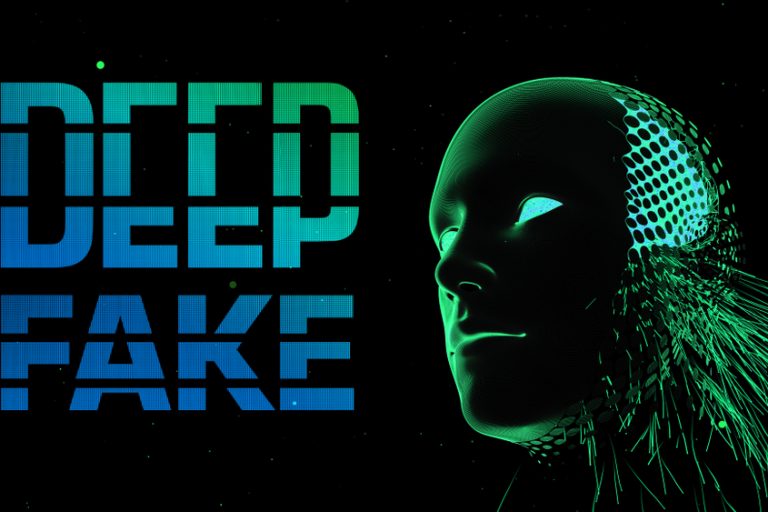My Three Cents

Ken Makovsky
Friday, January 31, 2020The Employee Public Challenge to Management
My speech at the 2019 PRSA International Conference late last fall covered five new challenges that are changing how we advocate for client organizations today, most of them tied to the evolving digital communications landscape. I’ve touched on a couple of them (fake news as well as its AI counterpart, deep fakes) in my last couple of blogs. Now I turn to a completely different type of challenge – employees publicly challenging their employers’ management on its publicly stated policies or positions.
Usually, this development involves employees confronting management concerning their positions on societal issues. Why is this happening? I believe it’s a combination of factors: a new generation of workers who want to work at companies that share their values and have a voice in society’s future, as well as important global and societal concerns in this moment of history (like climate change, healthcare, economic equality, etc.).
And why is this important? This change in employer-employee relations brings the potential to disrupt a company’s ability to tell its own story. It presents a delicate matter for companies to manage, with great implications for their reputations. Depending on the issue involved, public challenges by employees against company management may result in sending conflicting messages and images into the marketplace. It may also impact how well a company is regarded by the people who work there, as well as potential employees, customers, and many other constituencies. Thoughtful response is critical for managing reputation in such circumstances.
A recent case in point: Walmart employees participating in a demonstration over gun sales shortly after the tragic shooting at a Walmart store in El Paso, Texas – where 22 people were killed and many more wounded.
You may remember that a week after the shooting, a pair of the store’s employees joined with gun control advocates in a protest – questioning the retail chain’s sale of guns and ammunition, and encouraging other employees to join in and to sign a petition calling for an end to sales of guns and ammunition in Walmart stores.
One employee organizer’s passion for this cause was reflected by his comments to an MSNBC News correspondent that, “We are all concerned employees. We feel as if we can make a noticeable difference…. If I do wind up getting fired…that is a risk I am willing to take.”
Initially, the employees organizing the protest alleged that the company disabled their work accounts after they attempted to organize the protects. And the public response from a Walmart spokesperson seemed unmoved: “There’s been no change in our policy regarding firearms.” But, if you were following the incident, just one month later Walmart’s CEO announced that the company would stop selling ammunition for military-style assault rifles and handguns – as well as phase out sale of handguns entirely and request customers not to openly carry weapons in it stores. The CEO also called on the government to tighten gun regulations.
The New York Times noted, “Obviously, the decision has irked some customers …. Still the company’s stock rose after the announcement.”
Regardless of one’s position on societal matters, I find it heartening that a number of U.S. organizations have made efforts to listen and respond to a workforce’s call for action. Companies are beginning to adjust to the fact that many of today’s new generation of employees want to work at companies that share their values, and that companies today increasingly may have to bend to listen. They likely will also more quickly see the economic advantages of making societal contributions and support relevant activities that may be reasonable for the situation. As communications practitioners, we must be sensitive to both sides and provide respectful, appropriate counsel.
In my next blog, I will address advocacy challenges #4 (Privacy and the healthy amount of distrust among Americans about how organizations are using their personal information), and #5 (The talents and skill sets of our people).











